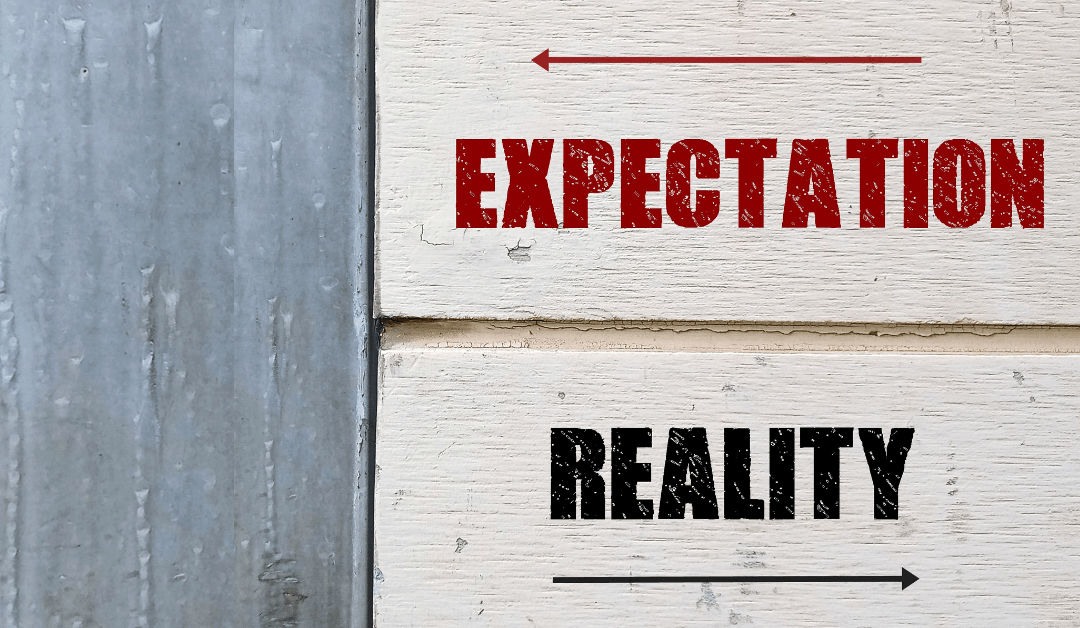Recently I worked with a client where the outcome of the coaching session was a set of action steps around setting and better understanding expectations.
Shortly after that client conversation and right before Christmas, I was in the deli line at a local supermarket because there was no pre-cut package of the item I wanted. There were several employees behind the counter including; one cleaning a cutting machine, another helping a customer with a long list of items to purchase, and an additional employee filling orders for those who were not in the store.
I waited for about 10 minutes and during that time none of the individuals behind the counter, nor the person at the sandwich preparation counter, said anything to me. With the one customer being helped continuing to order, and the other employees still otherwise occupied, I decided to purchase the other things on my list and go elsewhere for the deli items. As I turned to leave I quietly said “this is ridiculous” under my breath. My whisper comment apparently caught the attention of the sandwich counter person who chose that moment to finally say something. While I heard the tone, I chose not to engage – the words were not loud enough to distinguish and I had already decided to move on.
After cashing out, I drove to the next supermarket for some specific items and added the deli to my list. Once again, the same-day cut packages were out and I walked up to the counter. As I did, a person behind it (who was obviously busy) indicated to me that they were filling a sandwich order and weren’t yet available to help. Someone not at the deli counter asked me if I had a question. And then a third person who was cutting meat for another customer, let me know they would help me next.
As I looked at both situations, I first observed them through the lens of my experience in quality and customer satisfaction. Both places were busy with the people behind the counter doing work activities. Neither had the staffing to quickly help the number of people in line. I did find myself questioning why cleaning one machine out of a number available took precedence over helping a customer. Overall, I perceived a difference in customer focus.
Then I remembered the recent client conversation and reviewed the experiences again through the lens of expectations. The difference I saw from this perspective was – in neither situation was someone available to fill my deli order. However, in the second situation, they took the time to set an expectation – an expectation that provided a level of clarity. With the first scenario, I was left to wonder how, when and if my needs would be met.
Expectations are interesting in that they can:
- Create a mindset – the mantra of a friend of mine is “everything will work out; it always does”.
- Provide clarity – in the deli instance, “I will be with you in a moment” was helpful.
- Cause us to mind read or become anxious – What can I expect from meeting that person?
- Lead to disappointment – that didn’t work out the way I expected it to.
If we carry the expectations of the past into the future, they can negatively influence our ability to achieve our goals. The influence of expectations is one area of conversation we cover in Future-Focused Coaching, an amazing 6-week program that supports you to shift your perception and step into a bigger vision for your life. Learn more about it here or sign up for the Journey thru the Life Wheel with a Future Focus experiential on January 17th at 1pm or 7pm ET.
© 2023, Systems of Change, LLC

